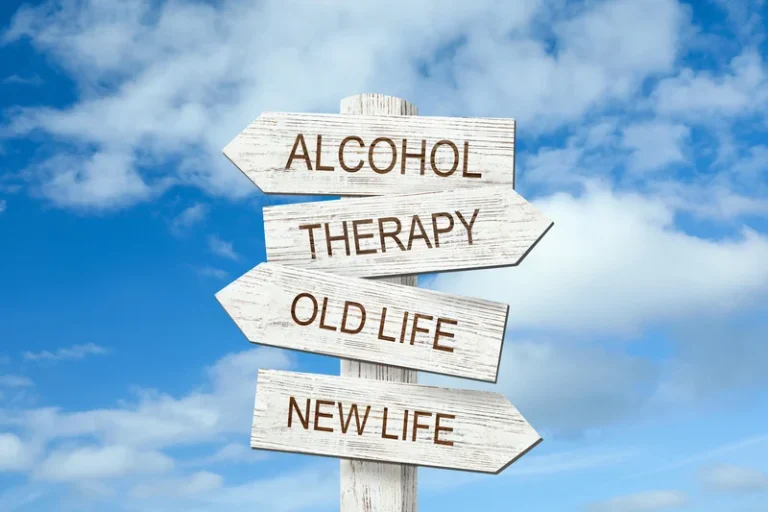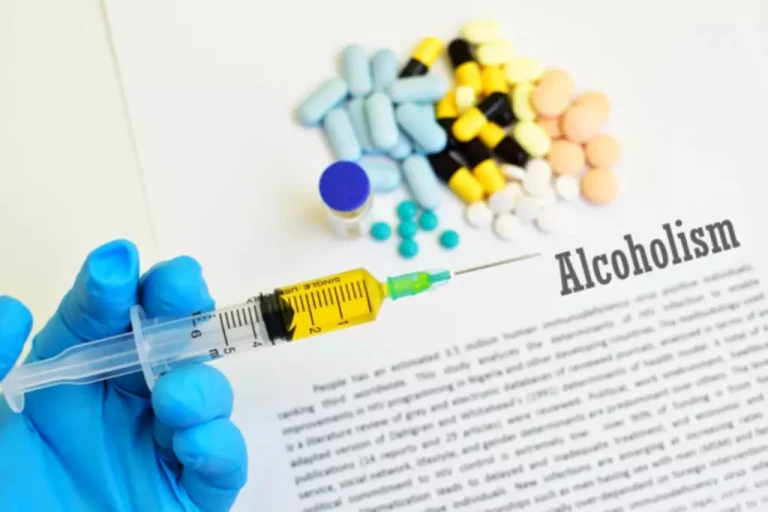
Given the power of alcohol on the brain, people who drink heavily may come to rely on it to regulate their mood. Before it becomes problematic, why do people turn to alcohol in the first place? One is simply its rewarding consequences, such as having fun or escaping social anxiety. Having an impulsive personality plays into the decision to seek rewards despite negative repercussions. Another factor is stress, because alcohol can alleviate distressing emotions. Social norms, such as drinking during a happy hour or on a college campus, and positive experiences with alcohol in the past (as opposed to getting nauseous or flushed) play a role as well.
- Alcohol use disorder is a problematic pattern of alcohol use that leads to distress in one’s daily life, according to the DSM-5.
- With all alcoholic beverages, drinking while driving, operating an aircraft or heavy machinery increases the risk of an accident; many countries have penalties for drunk driving.
- Submit your number to receive a call today from a treatment provider.
- This means that when people with the disorder are abstaining from alcohol, they are still at increased risk of resuming unhealthy alcohol consumption, even if years have passed since their last drink.
- College graduates who drink are 61% more likely to say that they have consumed alcohol within the last 24 hours than non-college graduates who drink.
Physical Signs of Alcoholism
More than 40% of bipolar sufferers abuse or are dependent on alcohol, and approximately 20% of depression sufferers abuse or are dependent on alcohol. Both internal and external factors contribute to the development of alcoholism. Internal factors include genetics, psychological conditions, personality, personal choice, and drinking history. External factors include family, environment, religion, social and cultural norms, age, education, and job status. However, about 18 million adult Americans have an alcohol use disorder (AUD).
Family History With Alcohol Addiction
Meanwhile, 38 per cent of drinkers were found to have four to five servings on one or more occasions in the preceding month, an amount considered to be heavy episodic drinking. Do you still want to hang out with your friends who drink, but don’t want to partake? Offer https://ecosoberhouse.com/article/drug-use-in-sports-risks-you-have-to-know/ to be the designated driver the next time you’re at a party. Long-term alcohol use can change your brain’s wiring in much more significant ways. That’s because your body already has processes in place that allow it to store excess proteins, carbohydrates and fats.
Moderate drinking
The idea that altered forms of consciousness such as mania or alcohol can enhance creativity is a popular belief. Researchers found that participants who had a few drinks were better and faster at creative problem solving than their sober counterparts. The reason may be that alcohol tamps down working memory and therefore sparks people to think outside the box. Alcohol consumption why do people become alcoholics contributes to 2.6 million deaths each year globally as well as to the disabilities and poor health of millions of people. Overall, harmful use of alcohol is responsible for 4.7% of the global burden of disease. When is it common in society, it can be hard to tell the difference between someone who likes to have a few drinks now and then and someone with a real problem.
What are fetal alcohol spectrum disorders (FASD)?
Treatment will vary greatly based on the specific diagnosis, the particular symptoms, and the environmental context. Early intervention has been shown to improve outcomes significantly. Physical treatments may include occupational therapy and medical and dental care.


- You’re more likely to develop an addiction if a parent or relative has dealt with alcohol use disorder.
- A common initial treatment option for someone with an alcohol addiction is an outpatient or inpatient rehabilitation program.
- The brain also becomes more sensitive to the effects of alcohol as people get older, Moore says.
- A person’s drinking history heavily influences their likelihood of developing alcoholism.
It’s not your life span you need to worry about. It’s your health span.
- Studies show most people with this condition recover, meaning they reduce how much they drink, or stop drinking altogether.
- Triggers, including a group of friends who drink, certain activities or circumstances can lead someone to fall back into old drinking habits.
- Alcoholics Anonymous is available almost everywhere and provides a place to openly and nonjudgmentally discuss alcohol issues with others who have alcohol use disorder.
- Surface water filled with too much nitrogen and phosphorus from fertilizers can kill fish – a common problem in southeast Minnesota streams – and create conditions ripe for toxic algae blooms.
Alcoholism Risk Factors







